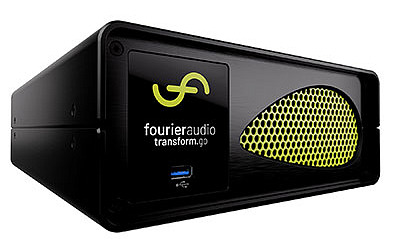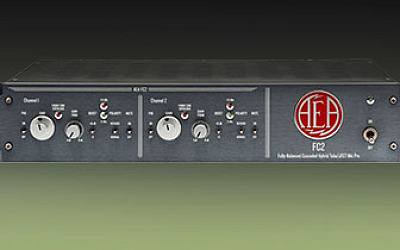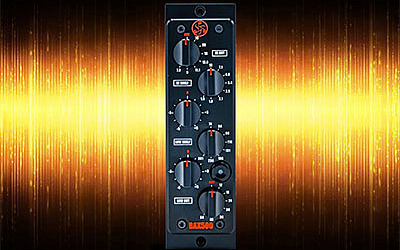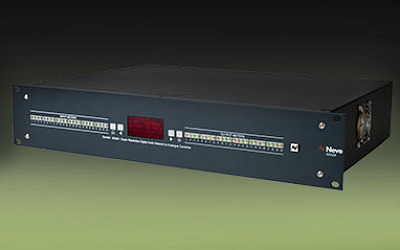United Plugins has announced DIFix – a plug-in combining several processes to ‘triumph over audio interface imperfections arising from their instrument input impedance not necessarily being as high as claimed when trying to directly record electric guitar or bass’ from founding partner SounDevice Digital. Levelling the sound and adding a little analogue-style saturation, it effectively works as a DI box-emulating plug-in.
 Born out of necessity in recording studios such as Detroit’s Motown and United Sound Systems to accommodate emerging electric musical instruments during the mid sixties, the DI (Direct Input) box began by resolving a basic mismatch between electrodynamic guitar pickups and sensitive studio electronics.
Born out of necessity in recording studios such as Detroit’s Motown and United Sound Systems to accommodate emerging electric musical instruments during the mid sixties, the DI (Direct Input) box began by resolving a basic mismatch between electrodynamic guitar pickups and sensitive studio electronics.
While modern-day DI boxes are more sophisticated, their primary function remains to take an unbalanced, high-impedance signal and convert it to a balanced, low-impedance signal – allowing guitars and basses to be run directly into mic preamps or signals to be sent over extended cable runs without loss of level or high-frequency content. Yet even up-to-date DAW recording set-ups sometimes suffer from imperfections arising from trying to directly record an electric guitar or bass by plugging it in to an audio interface’s instrument input
SounDevice Digital’s DIFix deploys several sophisticated independent processes to level the sound and add a little analogue-style saturation so as to effectively work as a DI-box-emulating plug-in. Put it this way: with all the science effectively hidden behind a readily resizable photorealistic GUI that is as easy on the eye as it is easy to use, ultimately using it is hardly rocket science. Switch between Bass DI or Guitar DI to change the internal algorithms to best fit the incoming signal when recording bass or guitar, with the former improving missing bass guitar frequencies while the latter is tuned to be used with electric or electro-acoustic guitar, then decide how much DIFix should improve the signal using some simple self-explanatory controls – namely, Intensity (%), which blends the dry and wet signals (with the maximum – 100 – setting allowing only the processed signal to go to the output, while lower values add the original untreated signal to the blend); IN (dB) is basically a gain input (controlling how much signal is being fed into the DIFix plug-in and how its processing will react, ranging from -24 to +24 decibels); and OUT (dB) boosts the output signal (by between -24 to +24 decibels).
DIFix is an accessible tool intended for recording in personal studios using low-cost audio interfaces. It should be inserted as the first plug-in on a guitar track to fix input imperfections, followed by any guitar and amp simulation plug-ins favoured by the user to shape guitar tone. It can also serve to salvage or remix old recordings.
Using internal 64-bit processing, DIFix can handle sampling rates up to 192kHz (or higher) and intelligently handles bypassing to preclude clicks or harmful noises when automating this parameter. It also compensates for latency by ensuring that the bypass states are perfectly in sync.
The plug-in intelligently detects whether it makes sense to perform processing at all – and, if not, it temporarily turns on sleep mode, reducing CPU usage to almost nothing. DIFix also offers a starting point for re-amping.
SounDevice Digital’s DIFix is available as an AAX, AU, VST and VST3 audio plug-in for macOS and Windows directly from United Plugins.



